Our key areas of expertise
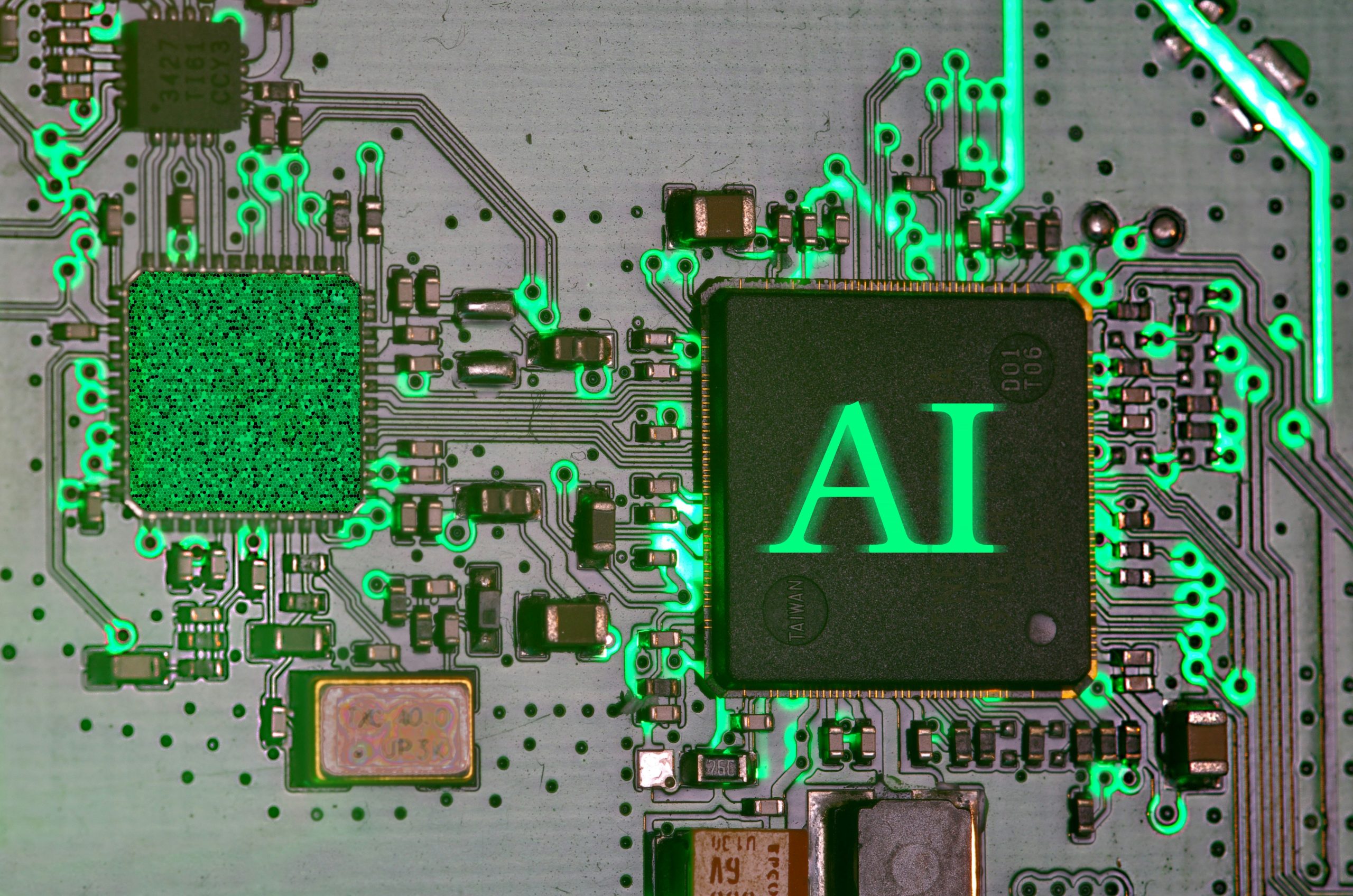
The University is a core member of the Luxembourg AI Factory consortium. Our dedicated team of researchers and experts at Uni.lu work collaboratively to explore and develop advanced AI technologies, aiming to address real-world challenges and contribute to the global scientific community. Here, you will find information about our latest projects and publications as well as insights into how our research is making a positive impact. Join us as we explore the possibilities of artificial intelligence and make a contribution to society.
Discover some recent activities and achievements in the key areas of expertise in AI at Uni.lu:
In the words of the Rector
‟
Most societal problems – the impact of the environment on our health, for instance – cannot be solved by single disciplines but require interdisciplinary approaches. At the University of Luxembourg, we have found that 80% of our interdisciplinary research projects have data, AI or high-performance computing at their heart. AI is a driver of interdisciplinarity!
Rector of the University of Luxembourg
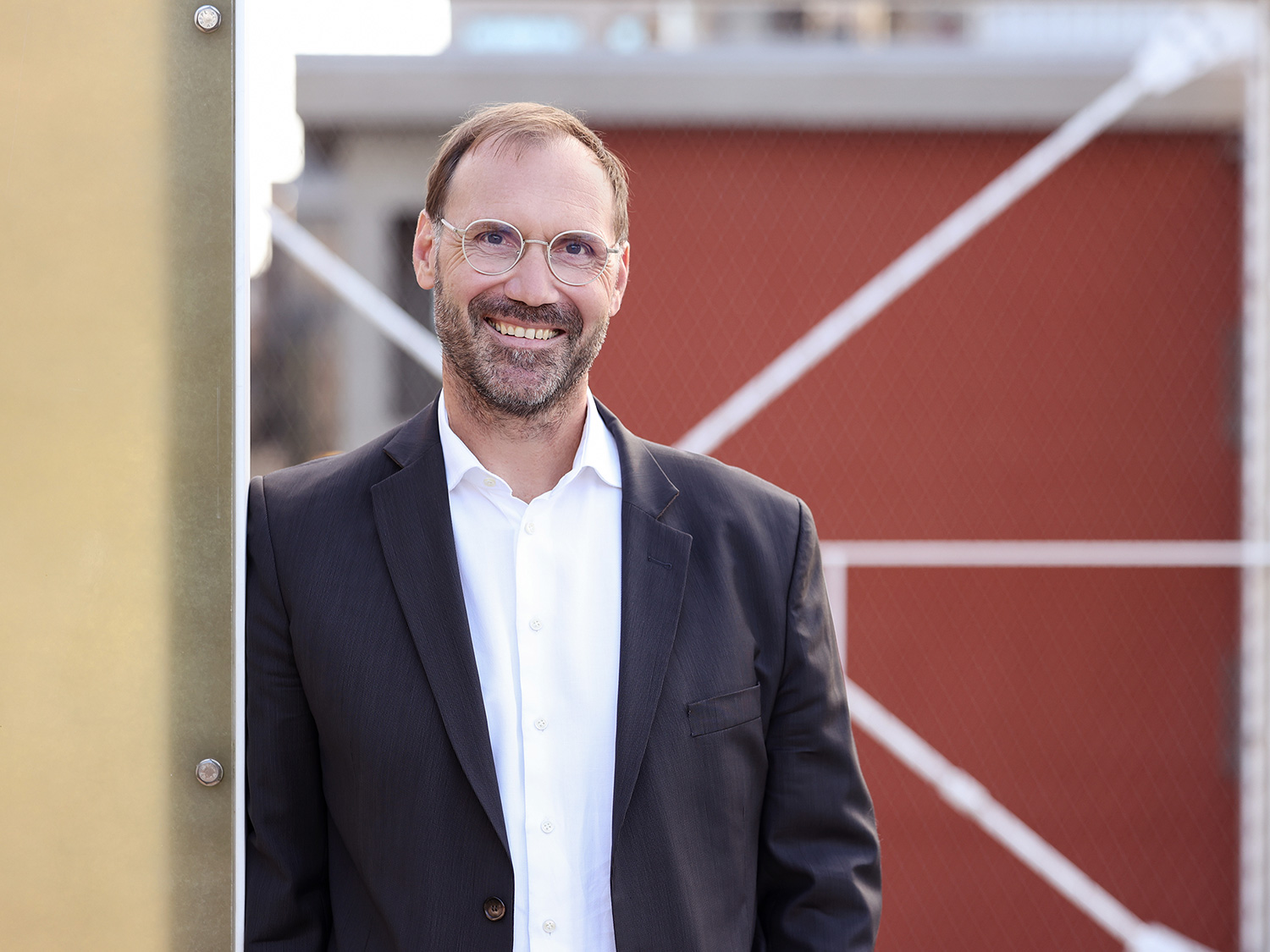
AI Theory & Large Language Model (LLM) development
The Culture & Computation Lab
-

The CuCo Lab
The lab brings humanities scholars together to explore digital culture through Cultural Data Science, using computational tools to better understand today’s digital world.
The Culture & Computation Lab at Uni.lu, led by Christoph Purschke, drives interdisciplinary research in digital humanities, focusing on media studies, cultural language tech, and digital sociality. It supports scholars with infrastructure, training, and collaboration to explore how digitality shapes culture.
AI for language and knowledge at MINE
-

Knowledge Discovery and Mining
The group positions itself as an AI ecosystem exploring generative AI, natural language processing, medical applications and ethical challenges to ensure AI serves the common good.
Led by Dr. Christoph Schommer, the Knowledge Discovery and Mining group investigates how AI can understand and generate human language, with a focus on natural language processing, generative models and ethical AI. Their research plays a key role in the University’s AI-related initiatives.
Demystifying neural networks
Discover how researchers at the University of Luxembourg are unraveling the mysteries of neural networks—bringing us one step closer to truly understanding the brains behind AI.
Reasoning, logic & AI
-
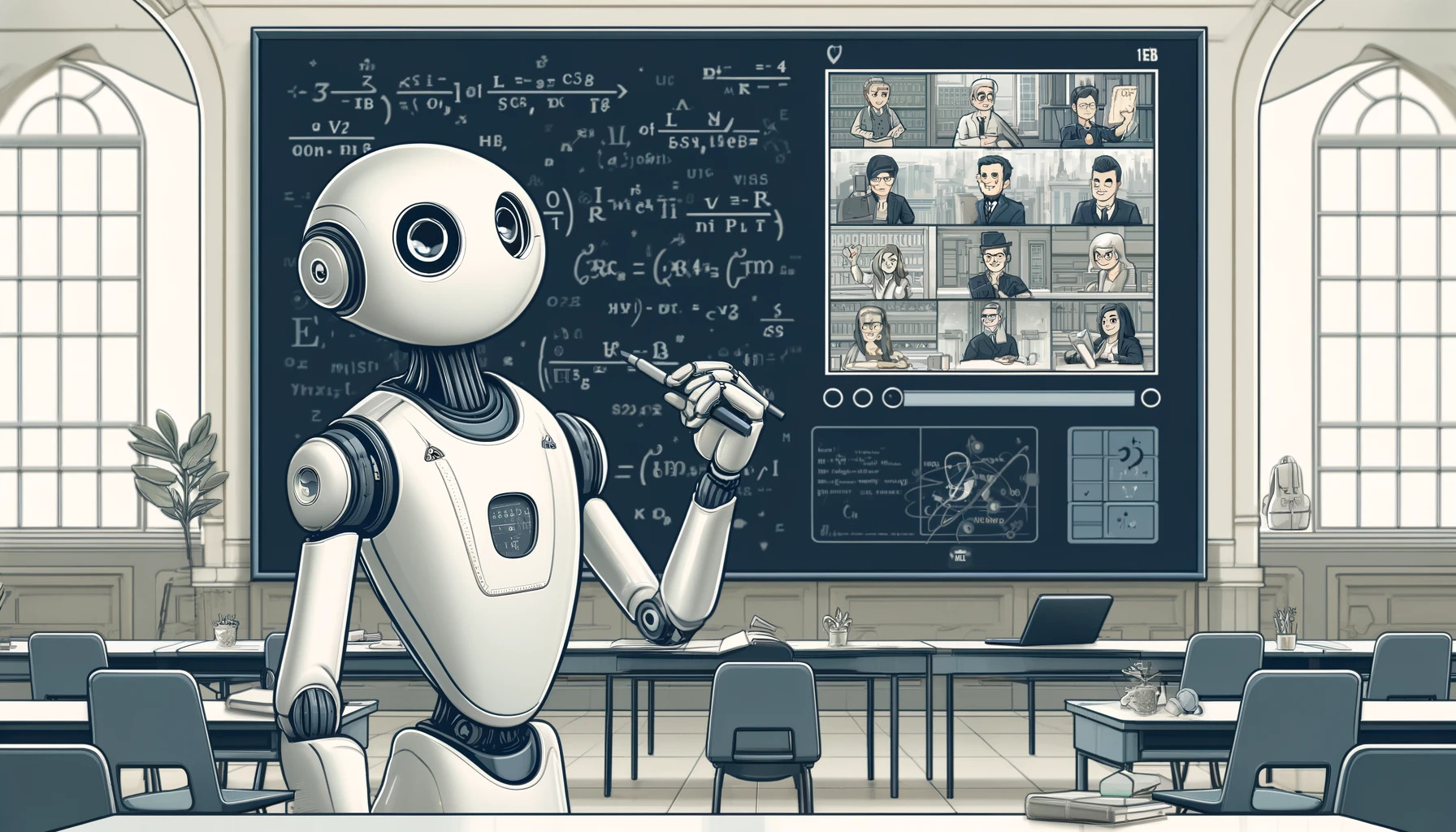
Individual and Collective Reasoning
The group develops formal and computational models to understand how individuals and groups reason, argue, and make decisions within logical and normative frameworks.
Led by Prof. Leon van der Torre, the Individual and Collective Reasoning (ICR) group explores how logic and formal models can help AI systems reason, explain decisions, and interact ethically—laying the groundwork for trustworthy and interpretable LLMs.
AI in legal and forensics
The AI witness
Prof Katalin LIGETI
Doyen de la Faculté de Droit, d'Économie et de Finance Professeur en Droit
-

CRIM_AI Project
CRIM_AI is a pioneering research project examining how AI is used in criminal proceedings across Europe, aiming to safeguard fundamental rights and uphold the rule of law in the face of algorithmic evidence
As AI-generated evidence enters the courtroom, Uni.lu’s CRIM_AI project explores how justice can stay fair and transparent in a digital age: can we trust machines to uphold human rights?
A race against deepfakes
Assoc. Prof Djamila AOUADA
Deputy Director of SNT, Associate professor in Computer Vision
-

CVI2 Research group
CVI2 pioneers real-world AI innovation through advanced computer vision and image analysis, powering breakthroughs across space, Industry 4.0, healthcare and more.
As deepfakes grow more convincing and dangerous, researchers at Uni.lu’s SnT are racing to outsmart AI with AI: discover the tech battle reshaping digital trust.
AI for scientific discovery
AI modelling to explore disease mechanisms
-

AI Modelling and Prediction
Led by Prof. Jorge Gonçalves, the AI Modelling and Prediction group develops data-driven models to decode how diseases develop and progress, based on patterns in biological and clinical time-series data.
The AI Modelling and Prediction group at the Luxembourg Centre for Systems Biomedicine (LCSB) develops advanced machine learning models to understand and predict complex biomedical phenomena using biological and clinical time-series data. Their work bridges fundamental research and real-world applications, with a strong focus on improving patient outcomes through early detection and personalised health monitoring.
Trustworthy AI for smarter medical imaging
-
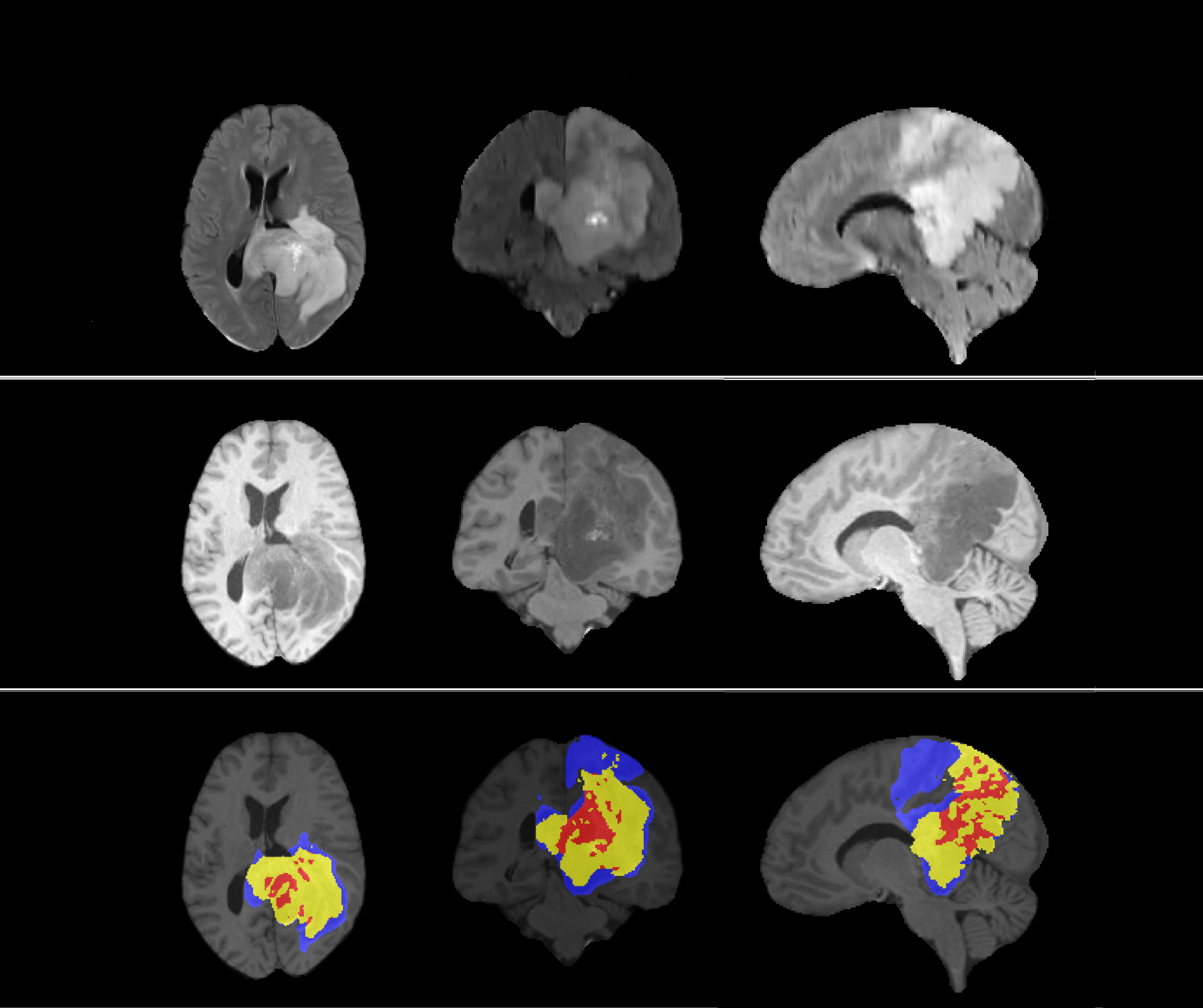
AI in Biomedical Imaging
Led by Dr. Shekoufeh Gorgi Zadeh, the AI Modelling and Prediction group develops machine learning methods to analyse and process complex biomedical imaging data.
The AI in Biomedical Imaging group develops innovative and reliable machine learning methods to analyze complex biomedical images. Their research tackles key challenges like limited data, uncertainty and interpretability, aiming to support both scientific discovery and clinical decision-making. Collaborating closely with biologists and clinicians, the group focuses on creating AI tools that are not only powerful but also transparent and trustworthy across diverse medical imaging applications.
Machine learning for chemical discovery
-
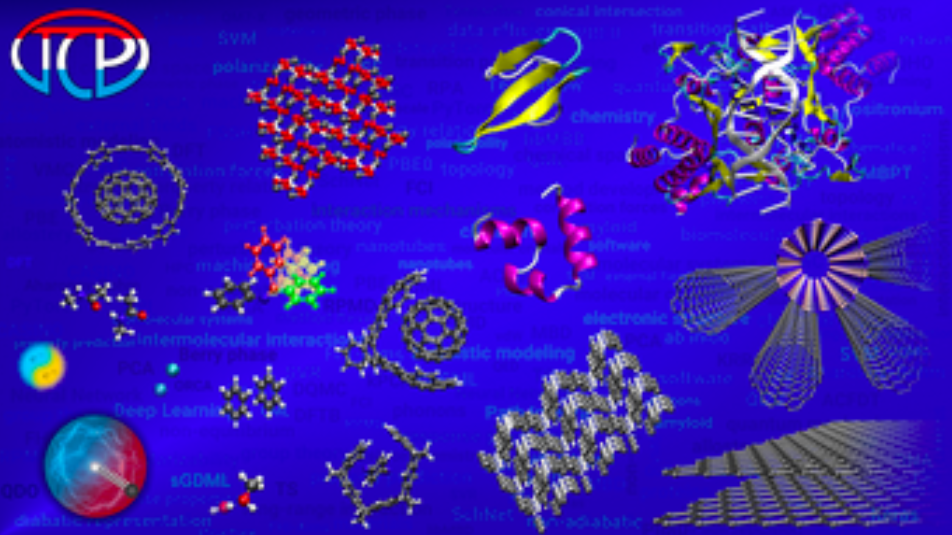
Theoretical Chemical Physics
Bridging quantum mechanics, statistical mechanics, and machine learning to enable the modeling of systems at the intersection of physics, chemistry and biology
Unlocking new drugs, catalysts, and materials starts with navigating the vast, unexplored chemical space. Alexander Tkatchenko’s research team is pioneering machine learning models that predict molecular properties with exceptional precision, from small molecules to complex biomolecular systems. Their work promises to revolutionize molecular simulations, making them faster, more accurate and more impactful for chemical discovery.
AI in Ethics
Forging ethical futures: ULIDE and DDEC unite for Benelux digital collaboration
The University of Luxembourg’s Institute for Digital Ethics (ULIDE) and TU Delft’s Digital Ethics Centre (DDEC) met to explore joint research and policy initiatives in digital ethics, aiming to shape responsible innovation across the Benelux region.
AI in social sciences & history
The AI Manifesto
What are the major challenges posed by AI, particularly generative AI, to the practice of history?
Modelling minds: the Computational Cognitive Science group
-
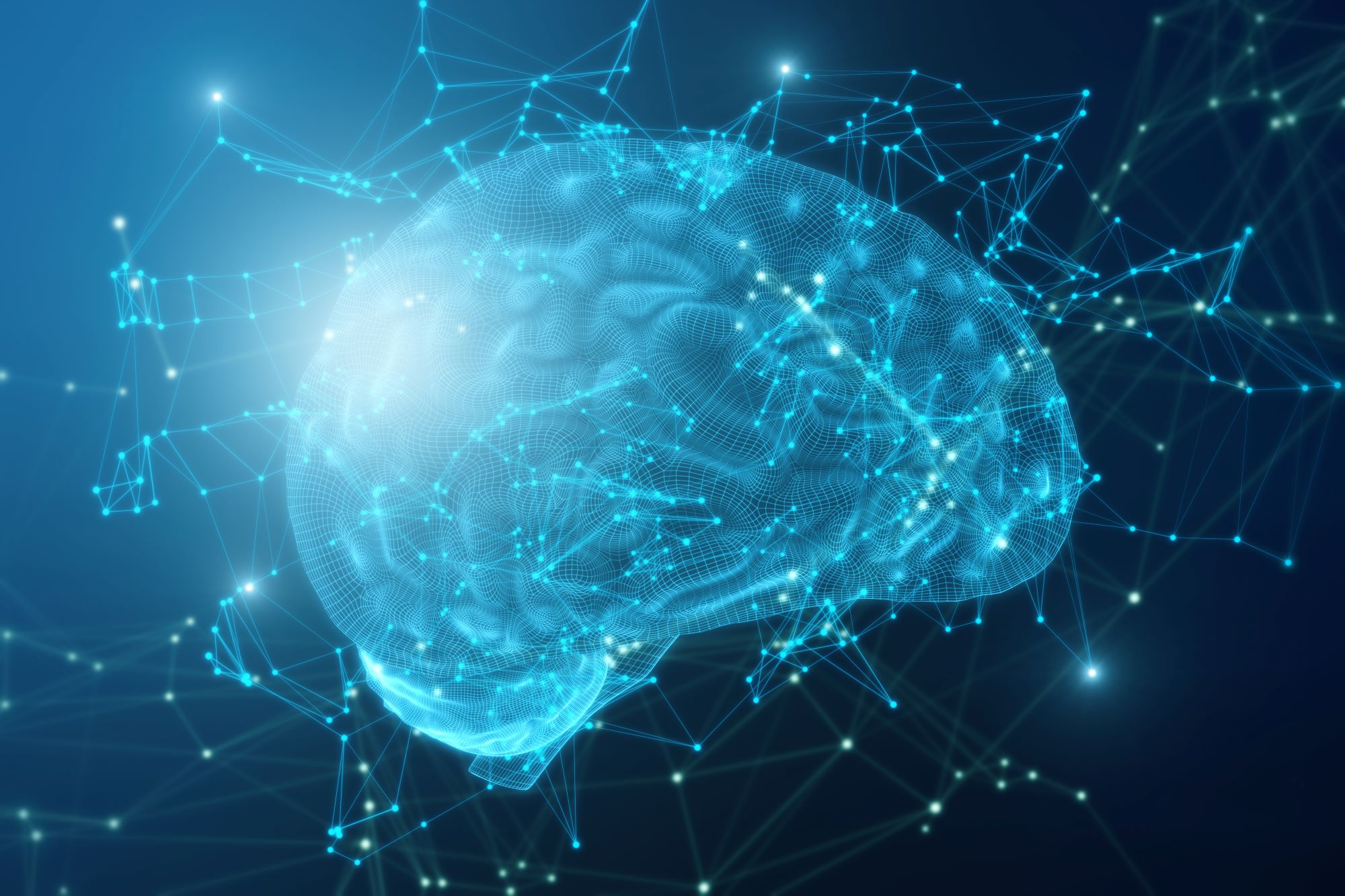
Computational Cognitive Science
The group studies how humans perceive and think by building predictive models using machine learning, neural networks and statistical tools.
Led by Prof. Heiko Schütt, this group builds and tests models of human perception and cognition using methods from machine learning, deep neural networks, and advanced statistics. Their work helps us understand how people process complex information and make decisions, bridging cognitive science and AI.
AI and HPC
Bridging AI and HPC on the MeluXina Supercomputer
The Bridging Cloud and HPC project aims to seamlessly integrate AI, high-performance computing (HPC) and high-performance data analytics (HPDA) on the MeluXina supercomputer. By leveraging Big Data tools and APIs for data ingestion, storage and processing, the project enables AI workflows to run efficiently across cloud and HPC environments. It focuses on creating intuitive, automated and secure access systems that support job interoperability and real-time monitoring—making advanced computing resources more accessible for AI-driven research and applications.